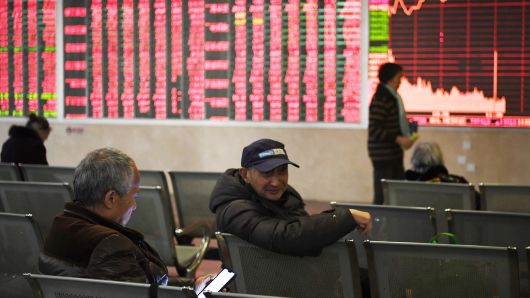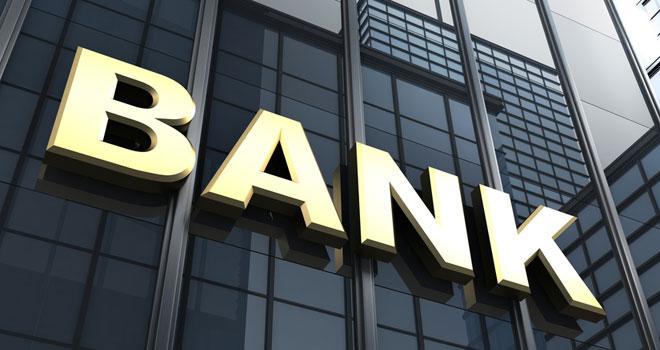
Emerging-market stocks rose on Monday after China reported profits at industrial companies grew for the first time in four months. Developing-world currencies advanced against a weaker U.S. dollar.
The Chinese data was supplemented by data on Friday that showed first-quarter U.S. economic growth was driven by temporary factors, making it less likely to lead the Federal Reserve to raise interest rates soon.
“I do believe these are some positive signs from China and we in Europe are hoping we can see some spill-overs,” said Morten Lund, an analyst at Nordea Markets.
MSCI’s index of developing-world equities was up 0.5 percent, its best one-day showing in nearly two weeks, as stocks rose in China and South Korea.
Chinese blue-chip stocks gained 0.3 percent from Friday’s three-and-a-half-week low. The 1.7 percent rise by South Korea equities was their largest since Jan. 9.
Russia’s rouble gained 0.2 percent and Russian equities added 0.4 percent, mainly on gains by financials and energy stocks.
Shares of Safmar Financial Investments led the gains, rising 1.9 percent. Safmar bought a controlling stake in the Afipsky refinery, Kommersant reported.
Gazprom shares gained 1.3 percent after it reported 2018 profit doubled on record-high sales to Europe.
Turkey’s lira fell 0.1 percent. The local stocks index slid 0.3 percent.
Turkish banks fell 1.8 percent and were headed for their lowest closing level in a month. A report said banks would start raising lira deposit rates this week, a move that would most likely trim their profitability but could support the currency.
“If you look at the Turkish banks at least before the August (2018) crisis, they were or are well capitalised … but when your currency depreciates so much and interest rates spike, you have got to be concerned,” said Nordea’s Lund.
South Africa’s rand was up 0.4 percent, gaining for a third straight session. South African stocks marked time.
In emerging Europe, Czech stocks fell 2.5 percent, set for their worst day since late June 2016, after the prime minister said the government would debate introducing taxes on banks, insurers and mobile operators.
























